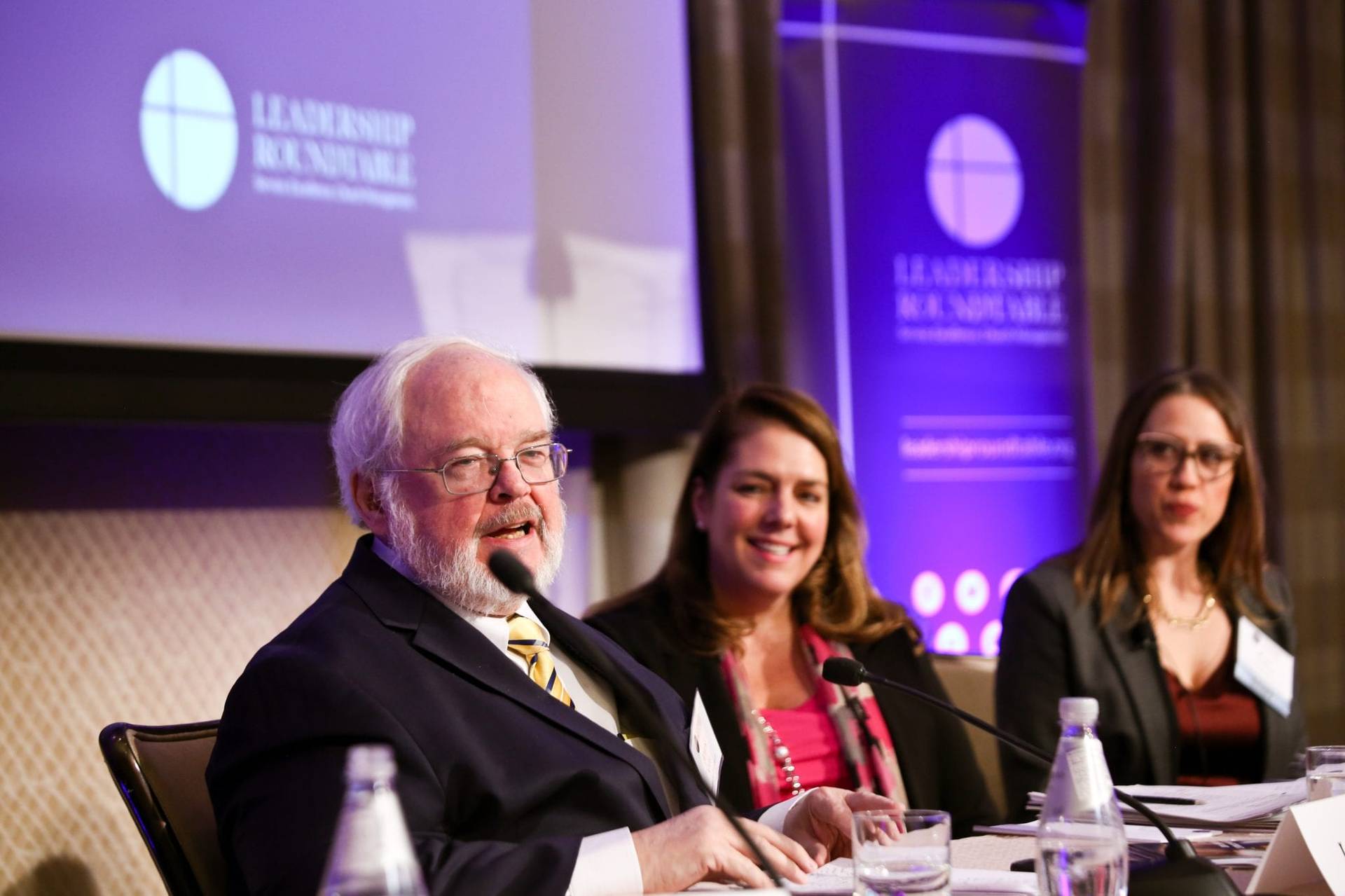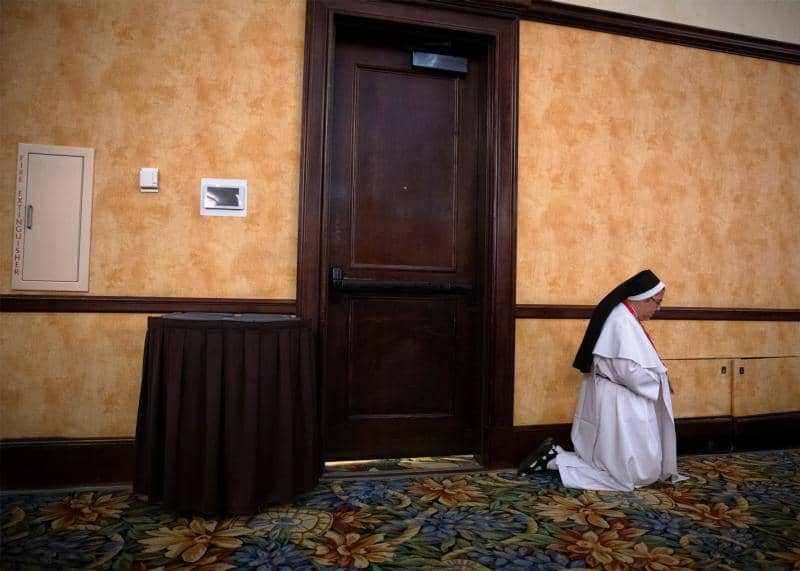ROME – Several members of the pope’s “A-Team” in the fight against clerical sexual abuse suggested during a news conference Feb.23 that the Church must abandon an “antiquated” structure of concealment and “redefine confidentiality and secrecy.”
“There’s a need for transparency, and a definitive movement toward the culture of disclosure,” said Archbishop Charles Scicluna of Malta Saturday.
Scicluna said the problems regarding transparency in the Church are “not only ad extra,” meaning with society and institutions, but also within the Church itself, from one diocese to another.
The archbishop’s comments came as the Vatican enters the final stretch of a Feb. 21-24 summit of heads of bishops’ conferences to discuss the protection of minors and sexual abuse within the Church.
“There is a movement within the [summit] to move forward on the issue of transparency, and not bind these procedures with a top-heavy level of confidentiality,” Scicluna added, describing the climate within the mostly private meetings.
During his speech Saturday morning German Cardinal Reinhard Marx, a member of the pope’s council of cardinal advisers, admitted that “files that could have documented these terrible deeds and those responsible were destroyed, or not even created.”
During the press event, Marx specified that the documents he was referring to were specifically about Germany. In order to provide “traceability and transparency,” the cardinal added, he recommends publishing statistics on how widespread sexual abuse is among clergy.
Marx pointed out that victims who come forward are often treated as just witnesses and have their “voices suppressed.” This point was picked up once again by Scicluna, who called for “more communication with the victims who are impacted by what is happening.”
He underlined that many times victims are not aware of the results of a proceeding under Church law against an abuser priest and “have no say.”
“They need to have a standing,” Scicluna added. “If you don’t listen to the narrative of the victims, you will never understand why we need to get it right.”
Nigerian Sister Veronica Openibo, who was also at the news conference and who spoke to the bishops this morning, said she was encouraged by a climate of “sodality and collegiality” within the summit and emphasized the need for lay involvement.
“All of us, lay people, priests and religious, and the bishops must work together to bring this to a final stop,” she said.
The Church, Openibo continued, must work on its “capacity to listen, to empathize to sympathize” with victims, adding that “this we have to do together, as a Church.”














